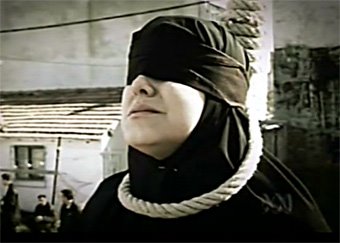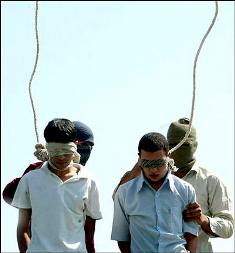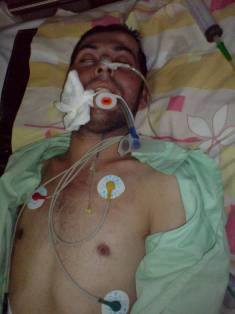
Call for access to education for all members of the Iranian Baha'i community
Sir, Today is United Nations Human Rights Day. This year the day marks the 60th anniversary of the adoption and proclamation of the Universal Declaration of Human Rights. Article 26 of the Declaration reads: “Everyone has the right to education” and “Higher education shall be equally accessible to all on the basis of merit”.
We express our grave concern at the policy of the government of the Islamic Republic of Iran to deny access to education to members of its largest non-Muslim religious minority, the Baha’i faith.
Baha’is have been denied access to university for years but it is now reported that high schools and primary schools across Iran have begun to identify and expel pupils who are of the Baha’i faith. Such expulsions are a breach of Iran’s obligations under Article 13 of the Covenant of Economic, Cultural and Social Rights. We believe that this policy is manifestly unjust. It also sits ill at ease with Iran’s history of respect for learning.
We call upon the Government of Iran to allow full and unfettered access to education for all members of the Iranian Baha’i community, and to cease the harassment of Baha’is at any and all centres of learning in Iran.
Lord Parekh of Kingston-upon-Hull
Baroness Kennedy of the Shaws
Deborah Orr
Mairead Corrigan Maguire
Nobel Peace Laureate
Professor Stephen Chan
Department of Political and International Studies, SOAS
Professor Geraldine van Bueren Queen Mary University of London
Professor Peter Finn
Principal, St Mary’s University College, Belfast
Professor Tony Gallagher
School of Education, St Mary’s University College, Belfast
Lord Gifford
Bishop Idris Jones
Primus of the Scottish Episcopal Church
The Right Rev David Lunan
Moderator of the General Assembly of the Church of Scotland
Norman Richardson
Stranmillis College, Belfast
Pierrot Ngadi
Co-ordinator, Refugee Wales
Francis Davis
Director, International Young Leaders Network
Patrick Yu
Executive Director, Northern Ireland Council for Ethnic Minorities
Professor Colin Sucking
Former Vice Principal, University of Strathclyde
The Most Rev Keith Patrick O’Brien
Cardinal and Archbishop of St Andrews and Edinburgh
 Iranian Minorities’ Human Rights Organisation (IMHRO)
Iranian Minorities’ Human Rights Organisation (IMHRO)


































































